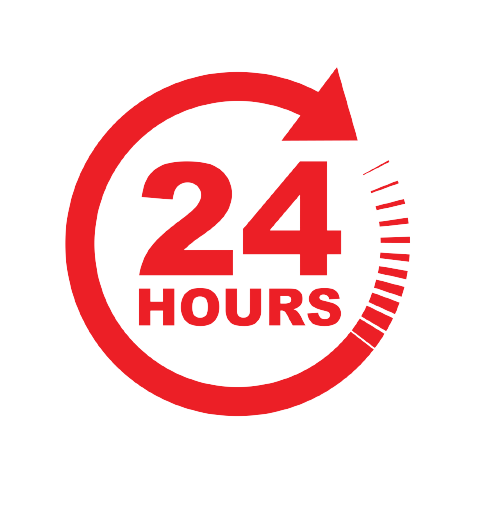
Hiring a traveling notary can save you time and provide convenience, especially when you need documents notarized quickly or can’t travel to a notary’s office. However, to ensure a smooth and secure notarization process, it’s crucial to ask the right questions before hiring. Here are some essential questions to ask your traveling notary:
1. Are You Commissioned and Insured?
The first and most important question is about the notary’s credentials. Ensure that the notary is commissioned by the state and holds a valid notary public license. Additionally, ask if they are bonded and insured. Bonding protects you in case of any errors or misconduct by the notary, while insurance provides an extra layer of security.
2. What Types of Documents Can You Notarize?
Not all notaries can notarize every type of document. Some documents, such as real estate transactions or legal affidavits, may require specific knowledge or additional certifications. Confirm that the notary has experience with the specific type of document you need notarized and that they are qualified to handle it.
3. What Are Your Fees?
Understanding the cost upfront is crucial to avoid any surprises. Traveling notaries typically charge a base fee for the notarization service and an additional travel fee. Ask for a detailed breakdown of the fees, including any potential extra charges for additional services or document types.
4. How Do You Verify Identity?
Proper identification is essential for the notarization process. Ask the notary what forms of identification they accept and how they verify identity. Typically, a government-issued photo ID, such as a driver’s license or passport, is required. Make sure you have the necessary identification ready to avoid any delays.
5. What Is Your Availability?
Scheduling flexibility is one of the main advantages of hiring a traveling notary. Inquire about their availability and how far in advance you need to book their services. Some traveling notaries offer same-day or emergency services, while others may require a few days’ notice.
6. Do You Have References or Reviews?
A reputable notary should be able to provide references or direct you to reviews from previous clients. This information can give you insight into their professionalism, reliability, and quality of service. Online reviews on platforms like Google or Yelp can also be helpful.
7. How Do You Handle Confidentiality?
Confidentiality is critical when dealing with sensitive documents. Ask the notary how they ensure the privacy and security of your documents. They should follow strict protocols to protect your information and prevent any unauthorized access.
8. What Is Your Experience and Background?
Understanding the notary’s experience and background can help you gauge their expertise and reliability. Ask how long they have been a notary and if they have any specialized training or certifications. A notary with extensive experience in handling your specific document type is often a better choice.
9. What Happens If There Are Errors or Issues?
Even the most experienced notaries can occasionally make mistakes. Inquire about the notary’s process for handling errors or issues that may arise during notarization. Knowing their policy for corrections or redoing notarizations can give you peace of mind.
10. Do You Offer Remote Online Notarization (RON)?
With the advent of technology, some notaries offer remote online notarization (RON), which allows documents to be notarized electronically via video conferencing. If you prefer or require this option, ask if the traveling notary is equipped and authorized to perform RON.
Conclusion
Hiring a traveling notary can be a convenient and efficient way to get your documents notarized, but it’s essential to choose the right professional. By asking these key questions, you can ensure that the notary you hire is qualified, reliable, and capable of meeting your needs. A well-informed decision will provide you with peace of mind and a smooth notarization process.














Leave a Reply